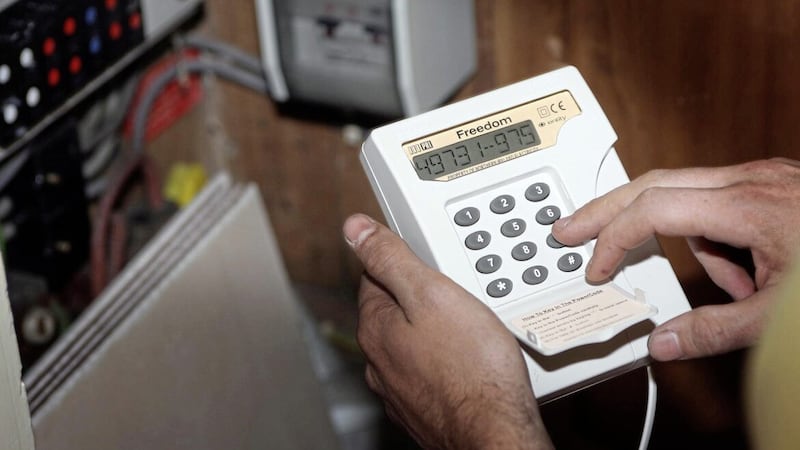ENERGY suppliers in the north have been urged to reach an agreement on raising the emergency credit limit for top-up domestic pay-as-you-go customers who are restricted to just £1 of power.
"Technical limitations" on the north's grid and a lack of consensus from suppliers on dealing with the limitation has been blamed for the situation, which has exposed discrepancies for customers at the height of the cost-of-living crisis.
It has been confirmed that the limit remains "under review" by suppliers, who have been urged to agree to raising the limit for those facing emergencies.
Electric Ireland, which supplies power to homes across the island, offers northern customers only £1 emergency credit when their top-up meter goes below zero, the same as its four rival domestic suppliers.
In the Republic, Electric Ireland customers can access credit of up to €20 in emergency situations, offering what one Stormont MLA has called a "significantly higher safeguard" than that available north of the border.
ESB, the majority state-owned company which owns Electric Ireland, has said the lack of emergency credit for northern customers is due to the centralised system operated by NIE Networks.
An ESB spokesperson said the limit was a "condition enforced by the technical limitations of the system in NI", adding: "There have been industry-wide discussions about increasing levels of emergency credit, which Electric Ireland is supportive of. However, any change is dependent on agreement across all suppliers and implementation of this onto the meters which are owned and controlled by the network operator."
Speaking of the €20 emergency credit, ESB said it was "designed to give the customer enough time to buy more credit" and is deducted automatically from their next top-up.
NIE Networks told the Irish News no rise in emergency credit would take place without consensus from the five northern suppliers.
"The £1 emergency vend on meters is still under review by electricity suppliers and should a change be required, meters will be updated accordingly," a spokesperson said.
In recent weeks, households in the north have received a £600 voucher under the Energy Support Scheme to help with bills, while last November both electricity and gas suppliers signed up to a voluntary charter aimed at assisting those struggling with bills.
The Energy Charter was developed in association with the north's Utility Regulator, which has told the Irish News its Consumer Protection Team "will be engaging with suppliers over the coming weeks to get an update on the Charter, adding: "As part of those discussions, the emergency credit limit on prepayment meters will be discussed."
Foyle MLA and SDLP economy spokesperson Sinéad McLaughlin said it was "disappointing that an agreement has not been reached" by suppliers to raise the £1 emergency credit limit.
"People across the north are finding it increasingly difficult to pay their bills and an increase in emergency credit could provide an important lifeline for many," she said.
"I fail to understand what’s holding this up given there is a significantly higher safeguard available in the south."
Ms McLaughlin added: "Many families are seriously struggling and they should have an appropriate safety net to stop people ending up in a situation where their electricity is cut off altogether, which could have a serious impact on their health and wellbeing."








